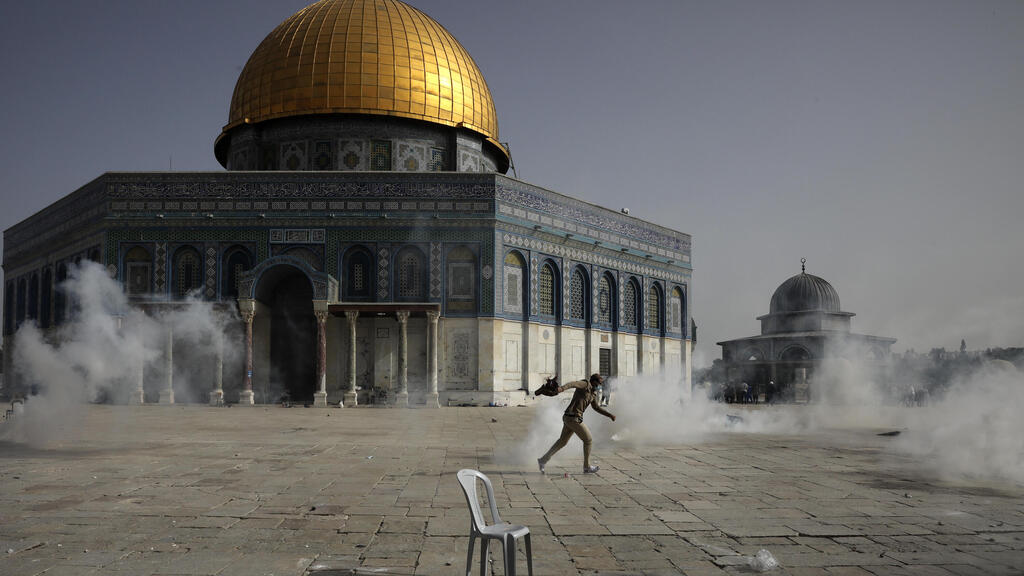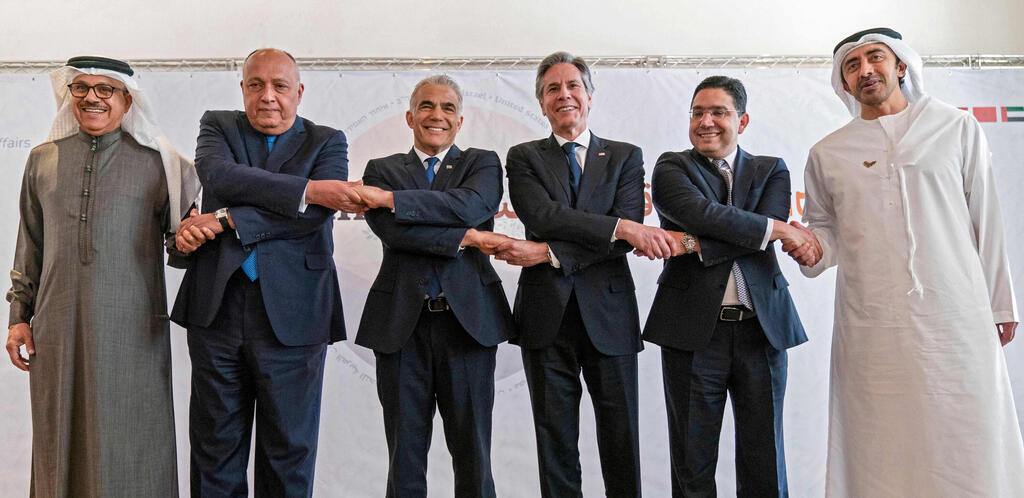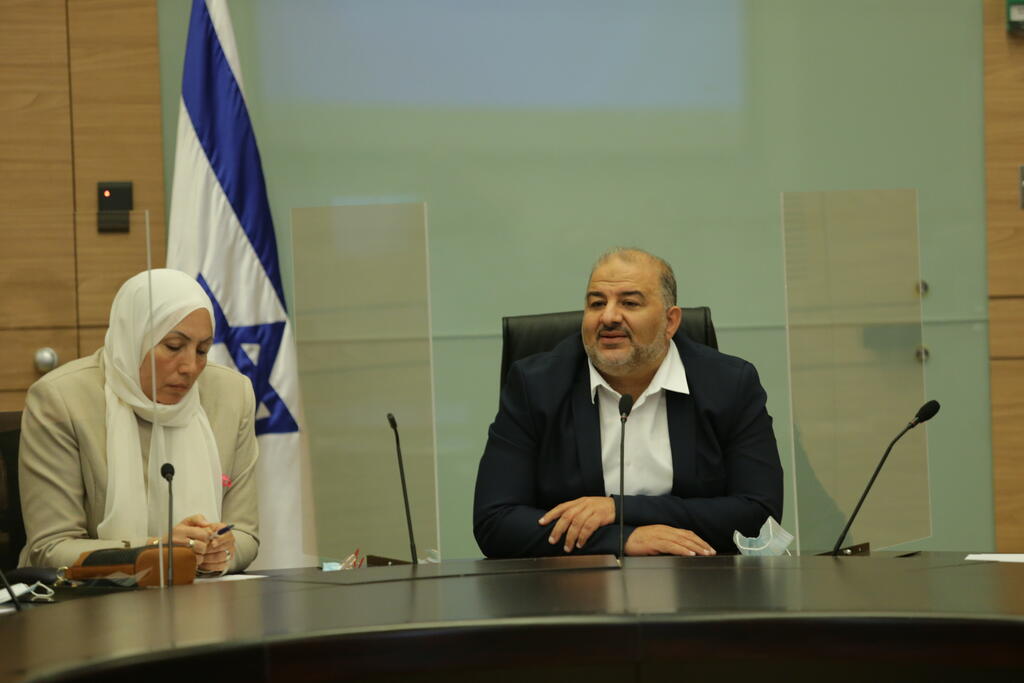This week has left Israelis shook, after gusts of optimism were abruptly disrupted by terror. Between the Negev Summit and the recent string of terror attacks, Israel hardly had any time to celebrate its newly established bonhomie before enemies old and new emerged from within to sabotage its euphoric visions.
While the terror attacks reminded us of a far too familiar threat, they also exposed a new enemy — Islamic State-inspired Israeli Arabs.
Four main insights arose from this week:
First, a shift in the source of threats. Israel is used to seeing violence spur from Palestinian angst, concentrated in the West Bank and East Jerusalem. This time around, however, it seems to be festering within Israel's Arab sector as well.
Second, Israel is realizing that the ever-so-promising economic peace processes have a catch. While effective in keeping large military threats and massive Palestinian national uprisings at bay, they do little against neutralizing individual assailants.
Third, Hamas has adopted new and improved tactics which push Israel to a dead end. On one hand, Hamas has managed to maintain order in the Gaza Strip with the help of Israel lifting some blockade measures since the end of last May's war. On the other hand, Hamas promotes terror and incitement in the West Bank, Jerusalem, and everywhere else in Israel without having to face any threat of its own.
5 View gallery


Palestinian rioters clash with Israel security forces on the Temple Mount in Jerusalem, May 2021
(Photo: AP)
Fourth, Israel has managed to separate its relations with Arab countries from the Palestinian issue. Notwithstanding the sidelining of the Palestinians, Israel is able to proceed with its groundbreaking dialogue with regional Arab countries.
But still, extremist actors will not let Israel forget that it still has blind spots and weaknesses, even when considering the strategic inroads it made.
Even though the Iranian threat is a pressing matter both domestically and internationally, Israel can't allow itself to leave the Palestinian problem unchecked. It must formulate sober and long-term strategic thinking toward the issue.
Preserving the current status quo whereby Israel showers Gaza with financial gestures to buy peace in Gaza only strengthens Hamas in the long run and won't magically begin gnawing at its standing in the Palestinian enclave, as some thought would happen to Hezbollah in Lebanon.
On the other hand, Israel must understand the importance of maintaining the Palestinian Authority's stability in the West Bank, while searching for openings to political dialogue.
This would not only serve to ease international pressure on Israel, especially from the U.S. administration, it would also clear the path toward regional normalization and steer Israel away from going down the slippery slope of a one-state solution.
Another critical point pertains to Arab-Jewish relations back home. While the terror attacks in Be'er Sheva and Hadera stemmed from incitement prevalent on the margins of the Arab sector, they also represent fundamental problems that could turn into strategic threats, including the loss of governance in the Arab sector, the weakness of the local leadership, the identity crisis of the younger generation, and criminal elements adopting nationalistic narratives that target the Jewish population.
A year after the last May's events, the two sectors are standing in front of a historic crossroads — Promoting the unprecedented integration project led by the Arab Ra'am Party, which can help create better ties between the sectors, or a head-on collision that might eclipse last year's happenings and even rival some of the external threats Israel is facing.





